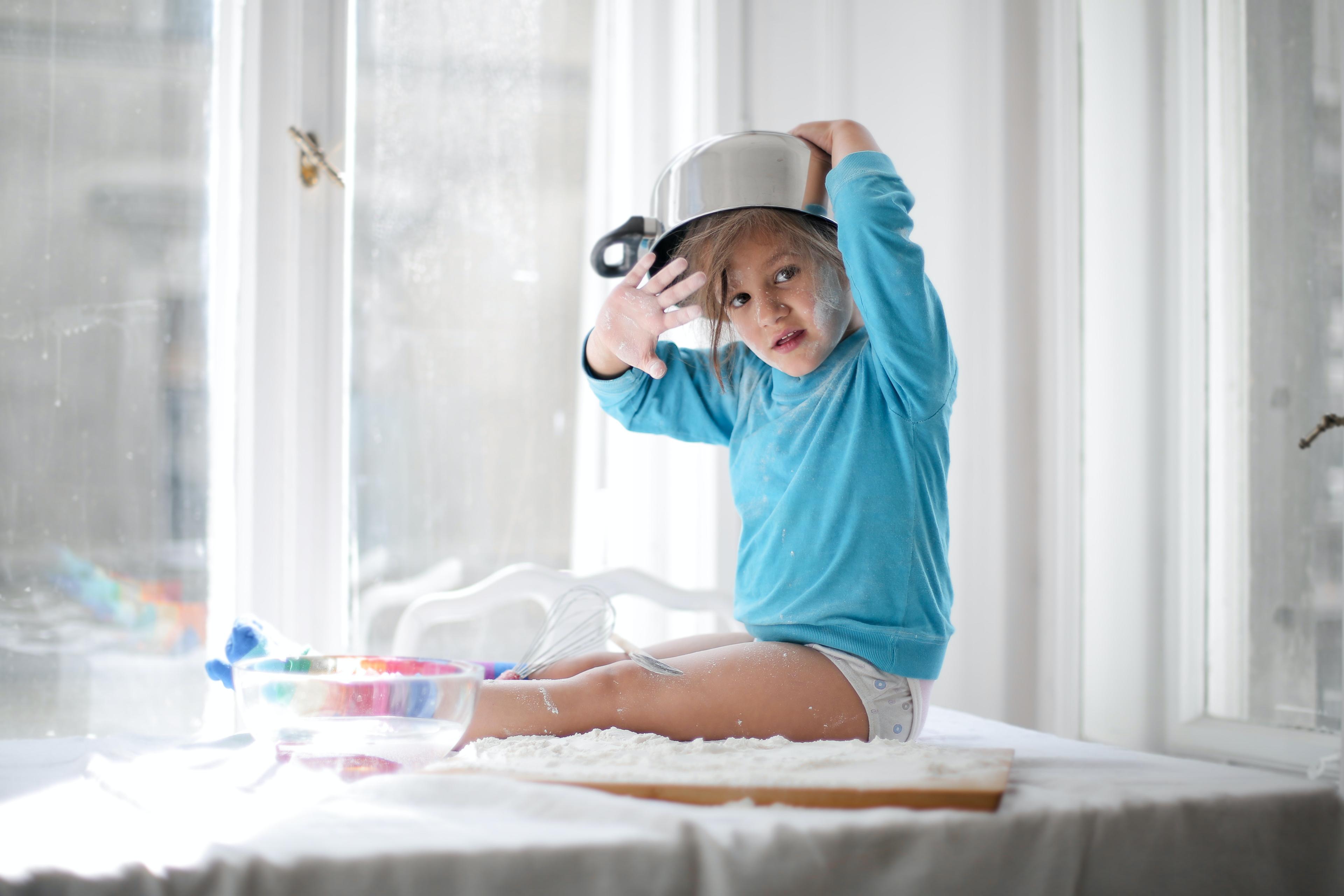- Home
- »Articles
- »Messy play
- »Messy Play - Tips for Parents



Messy Play - Tips for Parents
25 June 2023
Messy play has great benefits for children. It lets them explore the properties of different materials and encourages their curiosity. It can be challenging for parents as it is messy by nature so here are a few tips to make it easier for you.
Bath Time
Bath time is an ideal time to promote messy play and help children learn about liquids in a controlled area. Sponges, cups, jugs and a toy watering can are all great fun. Your child will love just pouring water from one container to another and they are practising motor skills and hand eye coordination all the time.
Look in the Kitchen Cupboards
You don’t need to spend a lot of money to set up messy play. Everyday items from the kitchen cupboard like cereal, lentils and pasta provide different textures for children to explore. The sound as well as the feel makes up the sensory experience. There are recipes online to make your own gloop and playdough out of cornflour or with oil, salt and flour.
Get Outside
Take messy play outside. If you have a garden you have the perfect location for messy play. Explore the different textures of earth, pebbles and grass. Collect leaves and sticks. A paddling pool or a sand pit provides endless fun where children can experiment freely. In summer you can hose them down. Outings to the park are another opportunity to touch and feel different materials. The beach is fantastic.
Get Set Up
It’s helpful to set boundaries for messy play when you begin an activity. This might be to keep the paint on the paper or not to throw sand. Have an area of the house where they can be untidy but make it clear they are to contain it to that space. Praise a child for keeping to the rules. Let them know that there are old clothes to wear when they are going to get mucky but you would like them to keep their uniform or good clothes clean. Provide aprons or smocks even if it’s an old adult t-shirt. Encourage your children to help with the clear up.
Prepare the area with a protective sheet or waxed tablecloth. You can even take painting outside and hose off any spillages.
Adapt to Your Children
Not all children enjoy messy play so you may need to introduce things slowly. They might not like getting things on their clothes or having sticky fingers. Choose an activity they are comfortable with, colouring in perhaps.
Make It Educational
Messy play is a great opportunity to teach kids language. Teach them colours and count objects. You can describe how things feel. Are they soft, gooey or scratchy? Enjoy the sounds made by splashing or tapping sticks together. Don’t just lead, let your child come up with their own activities as they explore.
Try a Class
If you really don’t want to get involved with slime or gloop you can take your child along to a messy play class. Babies, toddlers and pre-schoolers are given activities to stimulate all their senses. Classes have the advantage of encouraging social skills. Sometimes you just need to see it in practice, to see the great benefits and how much your child enjoys it to try it for yourself at home.
